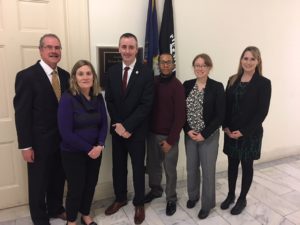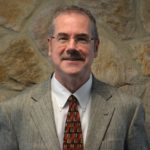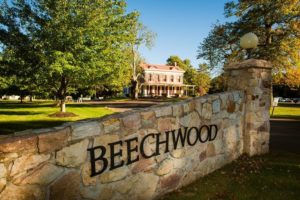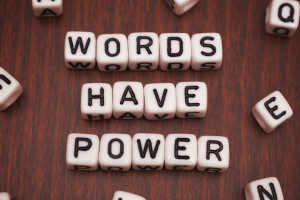 On May 17, Beechwood NeuroRehab Executive Director Dr. Drew Nagele spoke at the Brain Injury Alliance of New Jersey’s Annual Seminar in Freehold, NJ. Dr. Nagele presented at the morning workshop and spoke about the “Under-Identification of Students with Long Term Disability from Moderate to Severe TBI in Schools”.
On May 17, Beechwood NeuroRehab Executive Director Dr. Drew Nagele spoke at the Brain Injury Alliance of New Jersey’s Annual Seminar in Freehold, NJ. Dr. Nagele presented at the morning workshop and spoke about the “Under-Identification of Students with Long Term Disability from Moderate to Severe TBI in Schools”.
Dr. Nagele also presented at Capitol Hill Brain Injury Awareness Day on Tuesday, March 20. The theme of this year’s Capitol Hill Brain Injury Awareness Day was “Looking Ahead: Opportunities and Challenges in Brain Injury” focusing on rehabilitation and community services. Dr. Nagele presented research work in Juvenile Justice conducted by BIA of PA at the Congressional Briefing Panel.
Dr. Nagele spoke at the National Collaborative on Children’s Brain Injury at the North American Brain Injury Society Conference in Houston on March 14. He also presented on the Under-Identification of Students with Long Term Disability from Moderate to Severe TBI in Schools at the Brain Injury Alliance of New Jersey annual seminar in May.
Dr. Nagele is also presenting at the Federal Interagency Conference on Traumatic Brain Injury in Washington DC in June, 2018, and at the Brain Injury Association of Pennsylvania’s Annual Conference coming up at the end of June in Lancaster, PA.




